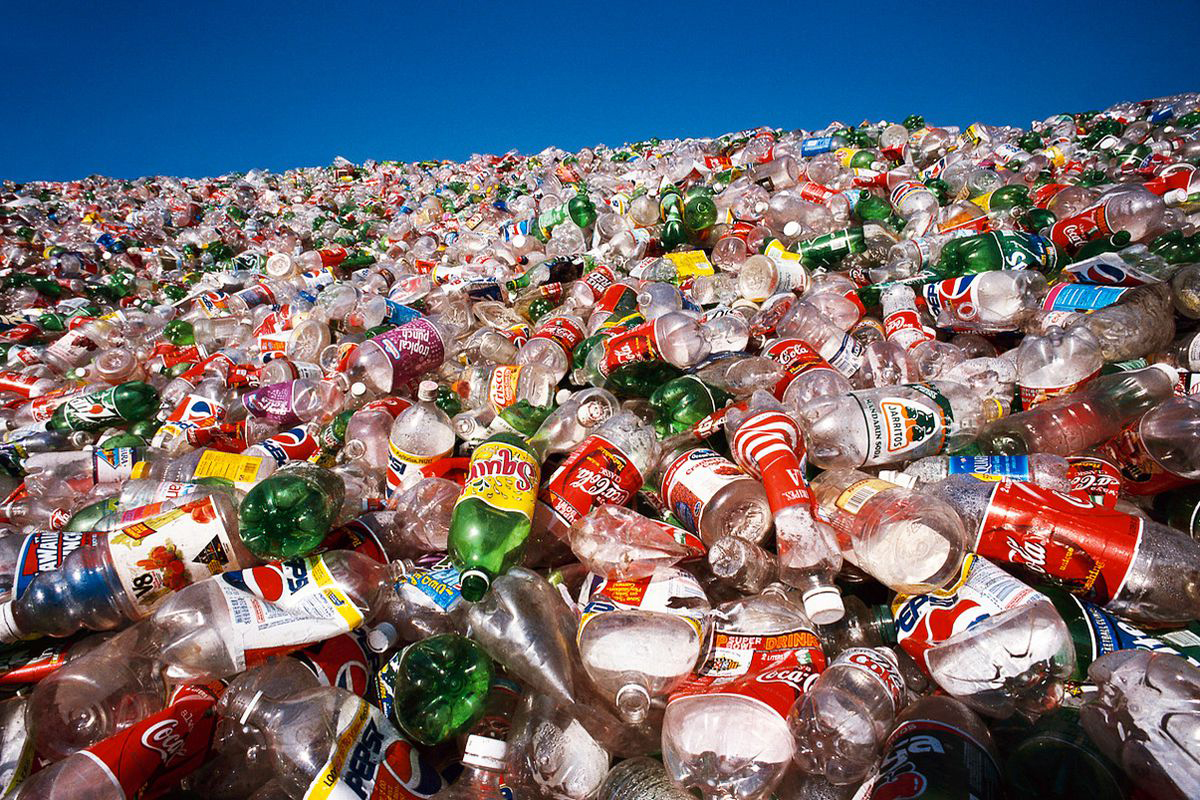Transformıng Prohıbıtıons Into Opportunıtıes
There are growing reports that many countries that buy plastic waste cancel out purchases and shipments. These include China, the Philippines, Vietnam, and finally Malaysia. The fact that very few of the wastes sent are suitable for recycling causes objection. The agreements made on this matter are of great importance.
It’s about the plastics industry itself. Industry groups, who consider the labor of their workers, making their materials appear recyclable and trying to prevent bans on plastic products, have spent over 30 years marketing and lobbying their products. For companies that are trying to compete in an active market such as plastic products, caps, package transport containers and straws, the business will be a bit difficult.
China received 7 million tons of plastic from the US each year, and according to the United Nations, between 1992 and 2017, 45% of the world’s plastic waste ended in China. However, in January 2018, China stopped buying plastic scrap. Since then, the wealthy countries have sought largely to pledge non-recyclable material in less developed countries in Southeast Asia.
This means that unusable plastic waste is collected and recycling becomes even more expensive. Martin Bourque, general manager of the Ecology Center in Berkeley, California in 1973, pioneering pavement recycling, said: I think it’s time we all make fun of ourselves. We put these things in the blue box. So we can feel good about recycling, and then we solve it, and half of it still goes to the landfill.
Are they trying to finish the plastics industry in the world? Doesn’t the other materials sell enough? Isn’t their waste more dangerous and more expensive to recycle? If there were no durable, safe, cost-effective plastic products, how much money would be left in our pockets during these crisis periods?
Turning the crisis into an opportunity always requires intelligence. They didn’t say in vain that one’s waste is another’s treasure. But in this case, someone else’s waste could be our mine. It could be our earning. Some companies, manufacturers and recycling center owners need to take these unacceptable, unwanted plastic waste and take the country to higher levels in recycling. Who will take the first step?



